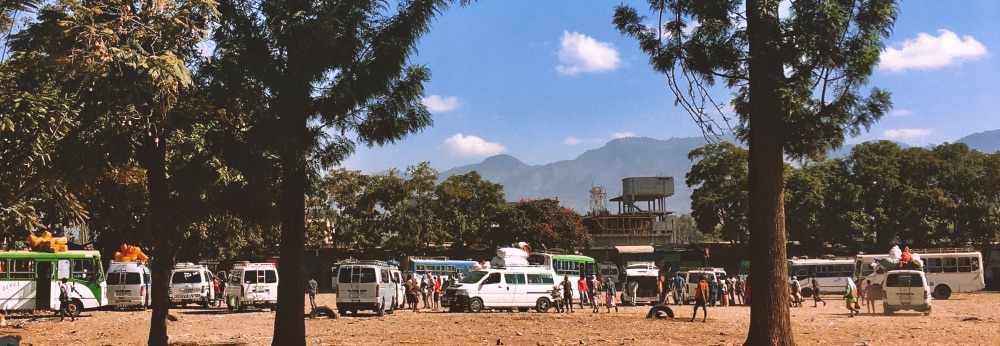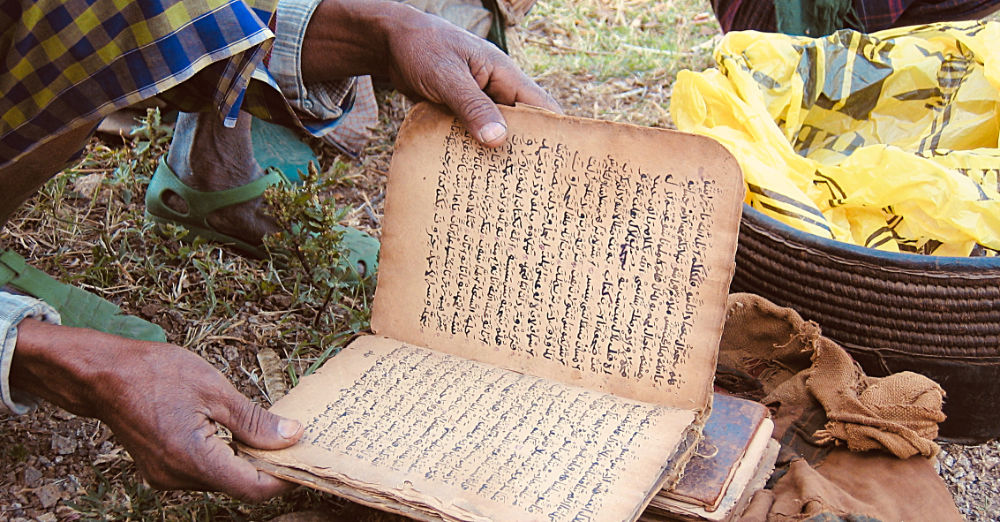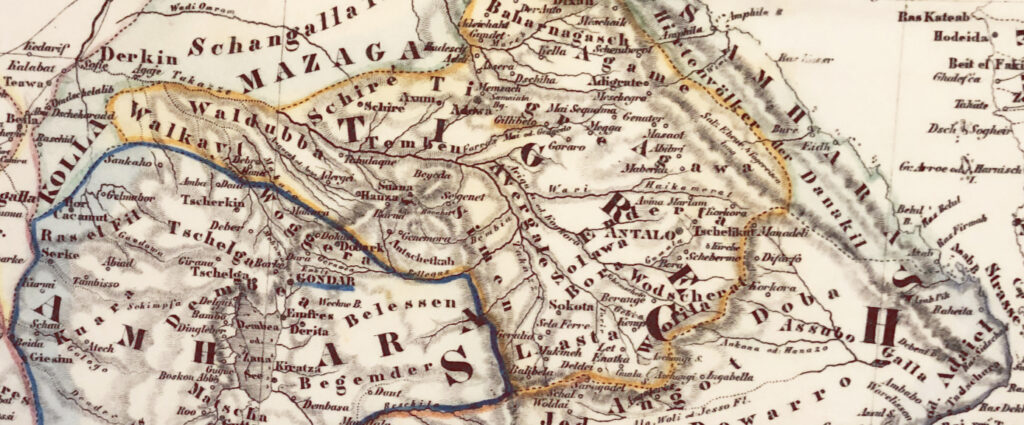Kiya Gezahegne
Abstract of the Online-Presentation on 4 May 2022, 18:00
The border is recognized as a fundamental space that captures the social process of identity construction and deconstruction. Through cross border mobility, different recognition of identities within the different cultural contexts takes place, unfolding through and with the border. One such identity is religion. Situated between two countries that is dominated by two different religions, Orthodox Christianity and Islam, the Metema-Gallabat border between Ethiopia and Sudan is a fertile thinking ground to study religious identity (re)construction. Recognizing the need to study religion and people on the move along and across the borders, this dissertation explores the practicalities of dealing with religious differences between the two countries.
This study mainly tried to investigate religious identity construction and re-construction of Metema Yohannes residents and Ethiopian Christian migrants as they move along the Ethiopia-Sudan border towns of Metema Yohannes and Gallabat and further to other parts of the Sudan (for Ethiopian migrants). The main objective, hence, was to explore the dynamics between gender and religious identities as they play out in the process of migration and borderlands. The study found out religious identification goes beyond its metaphysical value and puts into network social, cultural, economic, political and historical elements. Through social and economic interaction, for the borderland people, religious divide seems to be insignificant compared to the socio-economic interaction across the border. The importance of religion, however, sometimes outweighs other factors.
For Christian female migrants, fluid religious identity, fitting to the context, is preferred. This is achieved through conversion, improvisation (role play), and adoption of transcultural religious identity. These processes of identity (re)construction are mostly noticeable among women who are more visible and ‘most likely to adapt’. Further, the data shows, for both cases of borderland residents and migrants, religious identity negotiation is not a process that is limited to times of interaction with ‘others’. The process continues among their own communities through reintegration of individuals into the religious community in a ritual of cleansing such as baptism. The issue of impurity and recognition resulting from conversion or improvisation of change in religious affiliation is mentioned in this study. What is more important is the religious identity (re)construction process affects and is affected by gender, economic interdependence, generational divide, historical narratives, and state politics, among others.
Kiya Gezahegne is an assistant Professor of social anthropology at Addis Ababa University, Ethiopia. She researched her PhD on migration and religion along the borderlands of Ethiopia and Sudan. Her research so far has focused on migrants and refugees from and to Ethiopia, focusing on gender, religious identity, conflict, social integration, and migration management. Kiya has done extensive fieldwork in different parts of Ethiopia, Sudan and Spain.
Registration by email.


